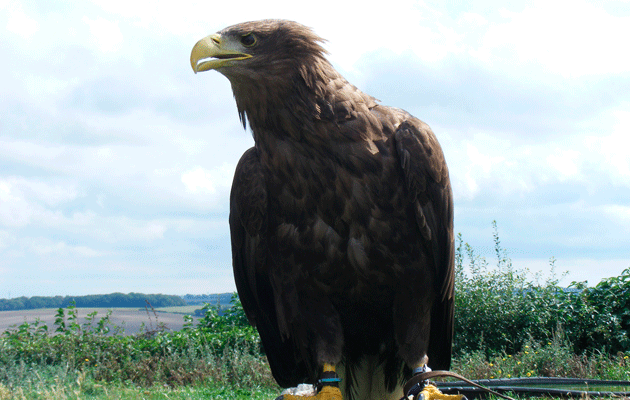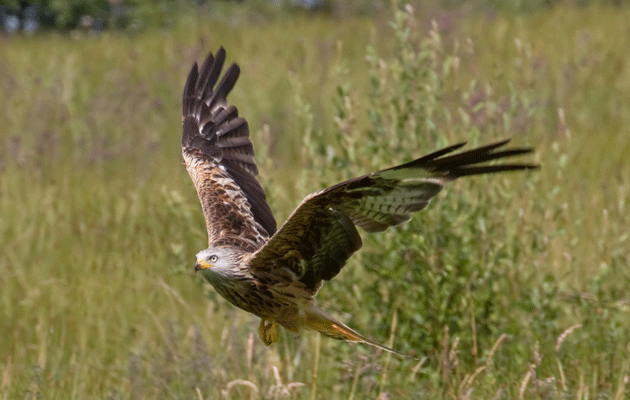Sharpshooter

Where did you start your shooting career? I mean, did you have access to a bit of land where you could shoot? I was lucky enough to be brought up in the country, so I was able to walk out the door with my first shotgun (a single-barrelled 12-bore that had an unnerving habit of opening itself after each shot) and wander about with intent. Many of today?s youngsters, growing up in one of the most crowded countries in Europe, are not so fortunate.
Lack of ready access to land on which to go shooting must be one of the key factors limiting participation in the sport. Aware of this, BASC has been doing a lot of good work ? not least in helping wildfowling clubs to buy or lease their marshes, and arranging various deerstalking schemes.
In the US, meanwhile, our shooting comrades do things on an altogether more ambitious scale that is wondrous to behold and gladdens the heart. Recently, the National Rifl e Association (NRA) and other prohunter groups have really got their teeth into the state-owned sector in a way which is simply beyond comprehension over here, cowed as we are by the massed ranks of politically correct protectionism. Can you imagine us demanding of public bodies such as Natural England, Scottish Natural Heritage and the Countryside Council for Wales to be allowed more access to shoot on state-owned land? Well, in the US, our sporting friends are doing just that.
A coalition of fieldsports groups, including the mighty NRA, Safari Club International and the US Sportsmen?s Alliance, is supporting a Bill in Congress to release millions of acres of public lands administered by the US Forest Service and the Bureau of Land Management (BLM) from continued management as single-purpose wilderness areas with little or no hunting.
Currently, approximately 43million acres of state-owned land across the US is being managed as wilderness area, even though the Forest Service and BLM have stated that many of these areas are not suitable for true wilderness designation. However, because of current law, this marginal land must be managed in a restrictive fashion. These restrictions limit motorised access, impede many forest management practices, and hinder the public?s ability to access and enjoy these lands.
Now, a new piece of legislation has been introduced to lift the restrictive management practices on these 43million acres. (Just to put this into perspective, the whole of the UK amounts to 60million acres, of which England accounts for 32million acres.) Supporters say that lifting the current restrictions would return these lands to multiple-use management, allowing hunters and other users better access to these areas through roads and paths that are already in place.
According to the NRA, protectionist management severely restricts hunter access in three ways: by failing to authorise roads and trails that would help disabled and elderly hunters; by stopping hunters from using vehicles for game retrieval; and by making areas virtually inaccessible due to the closure of existing roads and paths. (Again, just think how these sorts of lobbying lines would play in the UK. Fun, isn?t it?)
The NRA argues that allowing these lands to be managed for multiple uses opens them up to healthy forest management, better access for firefighting capabilities, and numerous recreational activities, such as hunting and fishing ? all of which represent an economic benefit for local economies.
An NRA spokesman said: ?Unlike the current ?one-size-fits-all? management of these lands, this Bill will allow local communities to determine whether multiple-use management is most appropriate and improve access for sportsmen.? Wonderful stuff. That?s the great thing about the Yanks ? say what you like about their weak beer, but they are hell on wheels when it comes to defending freedom. Unlike us, they?ve not forgotten that public authorities are supposed to work for the people, and not the other way round.
Have your say: if you have a view on a current news topic, send it, in no more than 500 words, to [email protected].
What is YOUR opinion?
Join other ST readers in our forums to discuss your views.
Like this article? Mark this page on a social bookmarking website…
![]()
What are social bookmarking sites?








